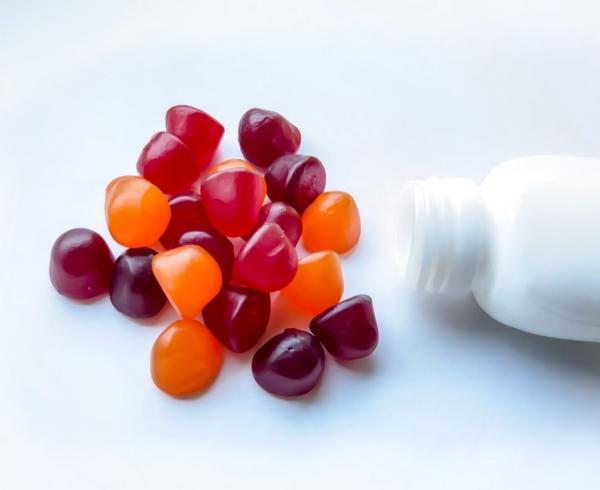Immune health remains a high priority for consumers, with nearly two-thirds of global consumers more attentive to their immune health in the aftermath of COVID-19.1 This interest is driving the 2024 immune supplement trends as brands expand their focus to new active ingredients, convenient delivery formats, and holistic formulations that offer more than just immunity benefits.
Key Drivers of Immune Supplement Popularity
The pandemic changed how consumers prioritize immune health, with one in five taking supplements to boost immunity solely due to the threat of viruses.2 Beyond this specific concern, however, many consumers have developed a more holistic view of immune health, understanding that the immune system is linked to other areas of health like digestion and sleep.
Research indicates today’s immunity needs are multidimensional. Some consumers take a reactive approach, seeking support for mild or serious illnesses, while others may proactively seek to optimize their immune health for longevity or to feel their best.3
Consumer Behavior and Supplement Market Dynamics
As a result of the increasing holistic view of immune health, 30% of global consumers consider immune health to be one of their main physical health concerns, and 39% take supplements primarily to boost immunity.4 Consumers in Asia are the most likely to be regularly taking immune supplements.5
The market is responding to this sustained interest in global immune health. In the post-pandemic period, major supplement companies, including Sanofi, Nature’s Way, Haleon, and Herbalife, featured immune health claims on a greater percentage of their product launches than before.6 Vitamins and minerals are prominent in these products in Europe, Latin America, and the Middle East/Africa, while North America, Australia, and Asia over-index for botanicals.7





